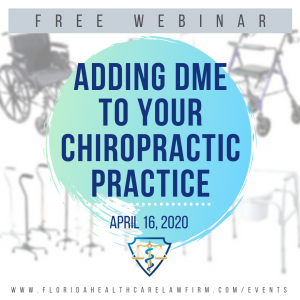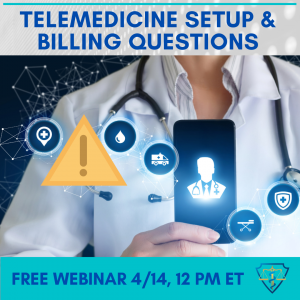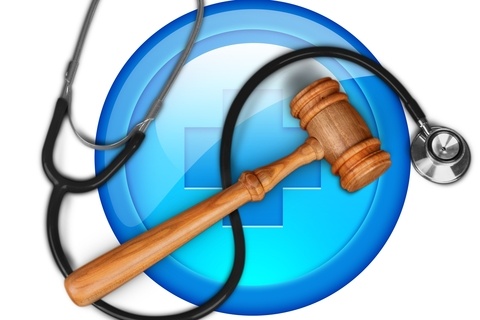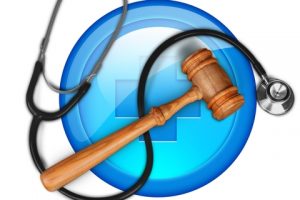 By: Susan St. John
By: Susan St. John
The newest relief for small business and health care providers was passed by the Senate on April 21st, by the House on April 23rd, and became law on April 24, 2020. This new Act, provides for $484 billion in additional relief to small businesses and healthcare providers. $100 billion of the relief has been allocated to the Department of Health and Human Services and of that amount $75 billion is earmarked “to reimburse health care providers for health related expenses or lost revenues that are attributable to the coronavirus outbreak.” The remaining $25 billion will be used for expenses to research, develop, validate, manufacture, purchase, administer, and expand capacity for COVID-19 test to effectively monitor and suppress COVID-19.
The $75 billion provided under the Act will remain available until expended and will be used to prevent, prepare for, and respond to coronavirus to reimburse necessary expense or lost revenues incurred as a result of COVID-19. However, if a health care provider has already had expenses or lost revenues incurred due to COVID-19 reimbursed from other sources or that other sources are obligated to reimburse (like the CARES Act), any funds received from the $75 billion cannot be used as a “double dip” by that health care provider.
A big difference for health care providers with this Act, is that unlike the CARES Act that provided a direct deposit to health care providers based on Medicare fee for services reimbursement, no application necessary, this Act requires the health care provider to apply for relief funds. Eligible health care providers include public entities, Medicare or Medicaid enrolled suppliers and providers, profit and not-for-profit entities that provide diagnoses, testing, or care for individuals with possible or actual cases of COVID-19 (so as to accommodate the “lost revenues” provision, this could mean any patient treated since January 31, 2020, and is not necessarily limited to patients treated for COVID-19 symptoms without testing confirmation). Health care providers should act quickly and apply for funds as soon as possible as the HHS Secretary will review applications and make payments on a rolling basis. Payment may be a pre-payment, prospective payment, or a retrospective payment as determined by the HHS Secretary. Health care providers must submit an application that includes statements justifying the need of the provider for the payment. The provider must have a valid tax id number (could be an individually enrolled physician). As with the CARES Act, HHS will have the ability to audit how relief funds are expended and must start reporting obligations of funds to the House and Senates Committees on Appropriations within 60 days from the date of enactment of this Act. Reporting will continue every 60 days thereafter.Continue reading
 By: Susan St. John
By: Susan St. John


 By:
By: 
 By:
By:  Attorney
Attorney  Just the other day CMS issued new rules and temporary waivers to help combat the COVID pandemic. We are getting flooded with questions about
Just the other day CMS issued new rules and temporary waivers to help combat the COVID pandemic. We are getting flooded with questions about 
 By:
By: 
 By:
By: 
 By: Karina Gonzalez
By: Karina Gonzalez
 By:
By: